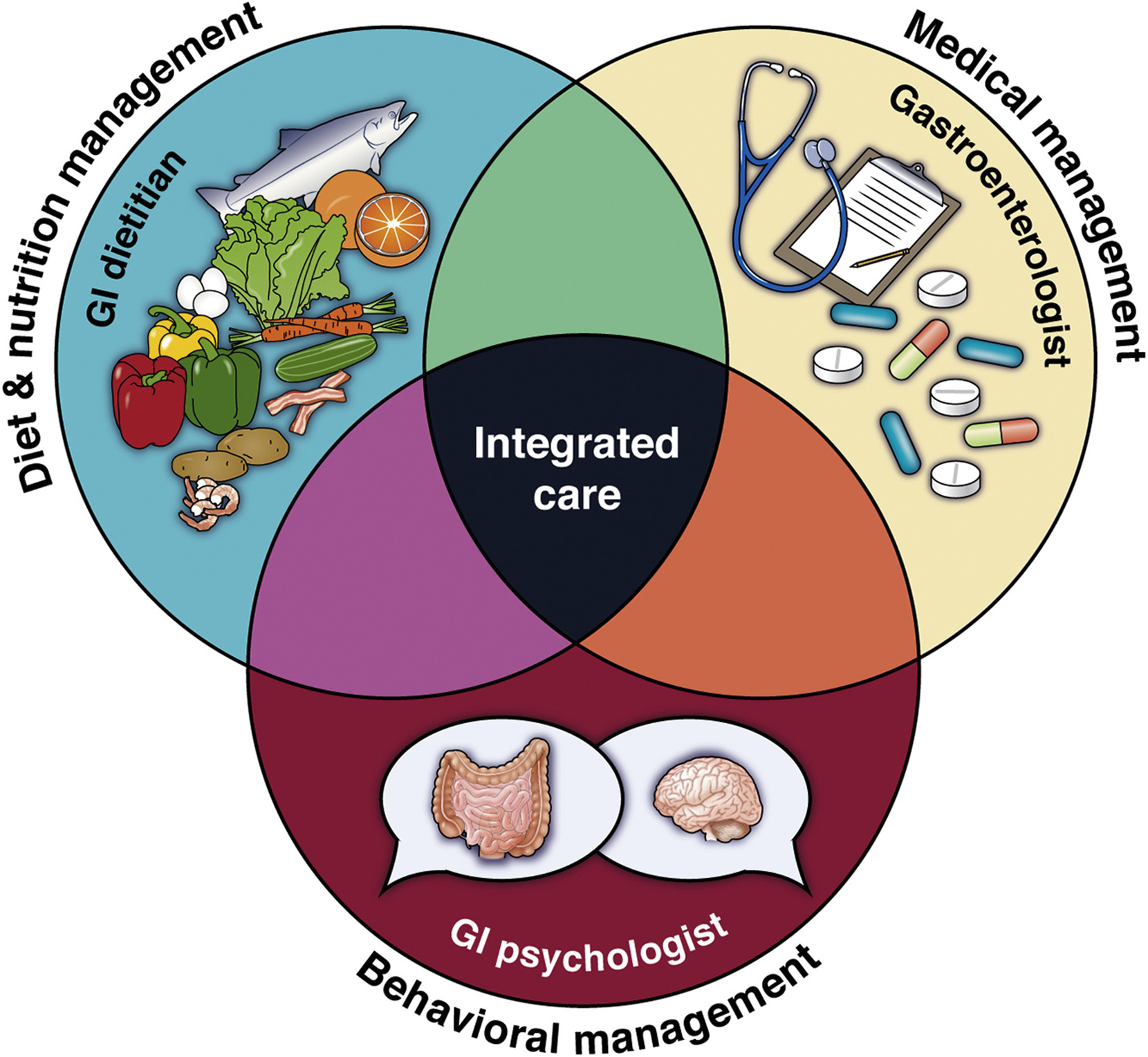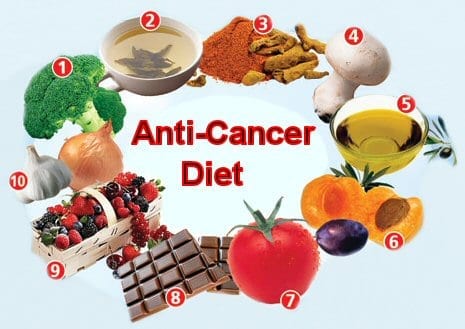
Understanding and Managing Irritable Bowel Syndrome (IBS) through Diet Tips:
Irritable Bowel Syndrome (IBS) is a common gastrointestinal disorder that can significantly impact one’s quality of life. While there is no cure for IBS, adopting specific dietary strategies can help manage symptoms and improve overall well-being. Explore the following diet tips to navigate the challenges of IBS effectively.
Identifying Trigger Foods and FODMAPs:
Individuals with IBS often have specific trigger foods that can exacerbate symptoms. It’s essential to identify and understand these triggers, which can vary from person to person. Additionally, some individuals with IBS find relief by following a low-FODMAP diet, which limits certain fermentable carbohydrates that may contribute to symptoms.
Incorporating Soluble Fiber for Bowel Regularity:
Soluble fiber is known for its ability to absorb water and form a gel-like consistency, which can help regulate bowel movements. Foods rich in soluble fiber include oats, psyllium husk, and certain fruits like bananas and berries. Gradually increasing soluble fiber intake can contribute to improved bowel regularity for individuals with IBS.
Hydration for Digestive Comfort:
Adequate hydration is essential for everyone, but it holds particular importance for those with IBS. Water helps soften stool, making it easier to pass and preventing constipation. Ensuring proper hydration can contribute to overall digestive comfort and support the digestive process.
Probiotics to Promote Gut Health:
Probiotics are beneficial bacteria that can help balance the gut microbiota and may provide relief for some individuals with IBS. Probiotic-rich foods include yogurt, kefir, sauerkraut, and kimchi. Introducing these foods into the diet may help maintain a healthy gut environment.
Smaller, More Frequent Meals for Symptom Management:
Large meals can trigger IBS symptoms in some individuals. Instead of three large meals, consider consuming smaller, more frequent meals throughout the day. This approach can help manage symptoms by reducing the volume of food in the digestive system at any given time.
Limiting Caffeine and Spicy Foods:
Caffeine and spicy foods are common triggers for individuals with IBS. Caffeine can stimulate the digestive tract, potentially leading to discomfort, while spicy foods may exacerbate symptoms like abdominal pain. Limiting or avoiding these items can be beneficial in managing IBS symptoms.
Mindful Eating Practices:
Practicing mindful eating involves being present and attentive while consuming meals. Chew food thoroughly, eat at a moderate pace, and savor each bite. Being mindful of what and how you eat can aid digestion and help identify any associations between specific foods and symptom exacerbation.
Monitoring Dairy Intake:
Dairy products can be problematic for some individuals with IBS, especially those who are lactose intolerant. Experimenting with lactose-free alternatives or consuming dairy in moderation can help determine its impact on symptoms.
Seeking Professional Guidance:
While these diet tips can provide general guidance, it’s crucial for individuals with IBS to consult with healthcare professionals. A registered dietitian or gastroenterologist can offer personalized advice, create a tailored dietary plan, and rule out any underlying conditions that may contribute to symptoms.
Link to Irritable Bowel Syndrome (IBS) Diet Tips:
For a more in-depth guide on managing IBS through dietary strategies, visit Irritable bowel syndrome (IBS) diet tips. This comprehensive resource provides valuable insights, meal plans, and expert advice to support your journey toward effective IBS symptom management.





